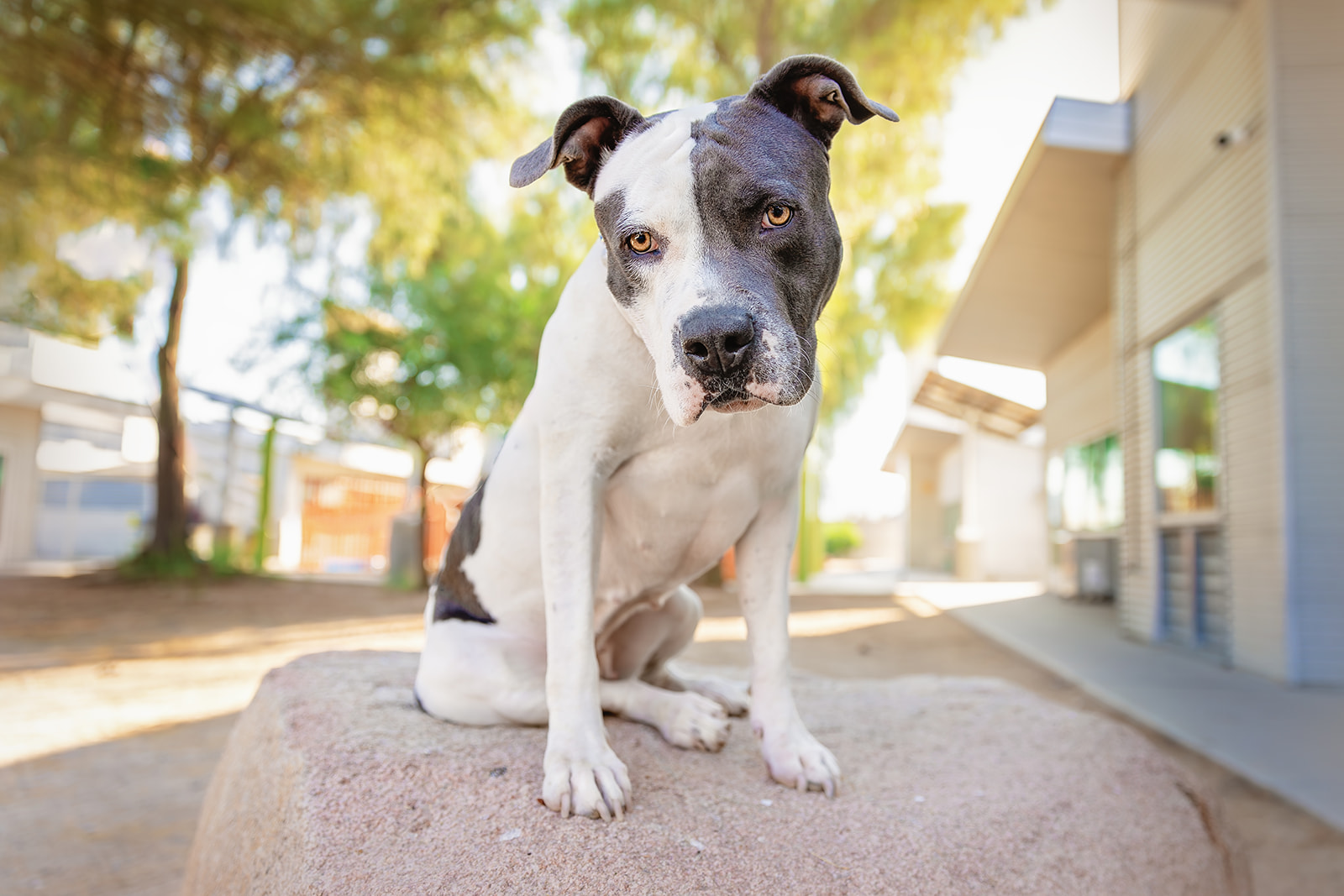The Animal Foundation Sees Uptick in Canine Respiratory Diseases: Here's How You Can Help

Recently, The Animal Foundation has seen an increase in respiratory diseases, including the highly contagious Canine Pneumovirus. It is apparent that this disease is active in our community.
While all affected dogs in the shelter are being treated, we need help reducing overcrowding to prevent further spread.
With 489 dogs in our care, overcrowding and stress have increased the risk of illness. The shelter has become the perfect breeding ground for diseases like this. As our population grows, disease management becomes more difficult.
Moving dogs into foster or adoptive homes has a two-fold benefit: it reduces stress and helps keep those dogs healthy, while also easing the stress for the dogs still in the shelter.
Please come directly to our adoptions building Tuesday through Sunday from 11-7 to foster or adopt. Team members will be ready to assist you.
You can browse available and adoptable animals here: https://bit.ly/47F5IPo
Here’s how else you can help our shelter animals:
- In the past two weeks, we have taken in 543 dogs. If you find a healthy and friendly dog, try to find their owner before bringing them to the shelter. This increases their chances of finding their way home. Learn more about what to do if you find a lost pet here: https://bit.ly/3GsAXQG
- This year, 78% of the lost dogs we took in had no collars, tags, or microchips, making it difficult to reunite them with their families. Collars, tags, and microchips are the most effective ways to bring pets home. Need a microchip? Get one at our low-cost clinic for $25. https://bit.ly/4eZKkqr
- Reclaim your lost pet: If your pet is at The Animal Foundation, please come down to reclaim them ASAP. If you’re unable to afford reclaim fees, we are willing to work with you. Our goal is to reunite pets with their families whenever possible.
Canine Pneumovirus is a virus that is highly contagious to dogs. There is no preventative vaccine for this virus and dogs do not have natural immunity to the virus. Clinical signs include coughing and nasal discharge and can even progress to pneumonia. It is apparent that this disease is active in our community. If your pet is showing symptoms please contact your veterinarian.
Topics
- All
- Pet Activities
- Pet Care
- Pet Education
- Pet Health
- Pet Safety
- Pet Training
- TAF Programs
- Urgent Need
- CARE Fund
- Featured Residents